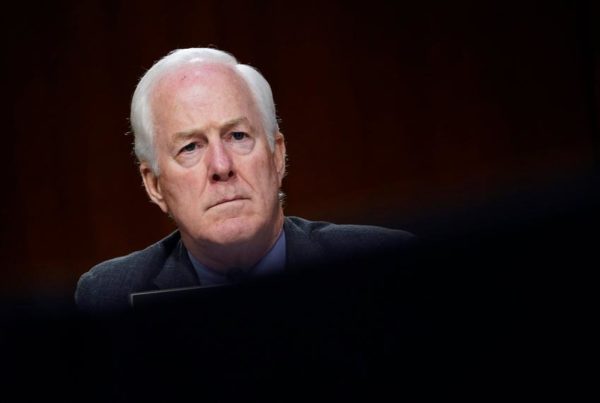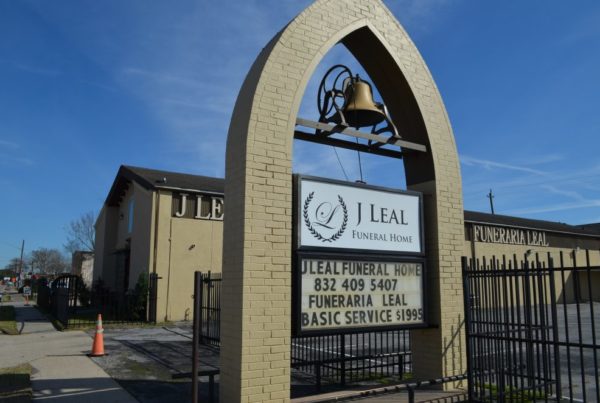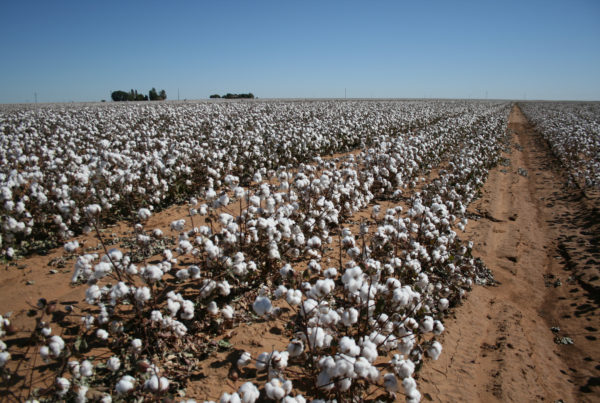Examining Texas’ Oil And Gas Industry Amid Pandemic
Texas’ oil and gas sector took a tumble in 2020 when the coronavirus pandemic was compounded by a Saudi Arabia-Russia price war that further devastated the global oil market.
In May, two weeks after crude oil prices turned negative for the first time in history, Texas Railroad Commissioner Christi Craddick spoke with the Texas Tribune giving updates on how the industry was handling the downturn.
“Last year, [oil and gas] was about 35% of the state’s economy … and so [because this industry] is down … it’s gonna affect everything,” Craddick said.
Craddick repeated that same figure in a tweet earlier this month as she advocated for prioritization of the Railroad Commission — the state’s oil and gas regulatory agency — in next year’s state budget.
“Oil and gas is 35 percent of the state economy, making the (Texas Railroad Commission’s) budget an important priority,” she said.
Texas oil and gas producers have suffered the double blow of COVID-19 and the global price shock amid an era when the industry is facing a process of structural contraction. Oil and gas has long been a primary driver of Texas’ prosperity, but does its share of the state economy remain at 35% even after a historically tumultuous year?
Three Tiers Of Economic Analysis
Determining the oil and gas’ industry’s share of the state economy “is a hard number to pin down,” said Jesse Thompson, senior business economist at the Federal Reserve Bank of Dallas.
There’s a multitude of ways an industry’s economic impact can be measured, Thompson said. Impact could be an industry’s share of a state’s gross state product, or the number of jobs it creates, or the amount of income it generates, or some combination of the three.
Furthermore, there are three different levels upon which economists analyze economic impact: an industry’s direct, indirect and induced effects on the economy. Direct effects include the revenue generated by oil and gas companies; indirect effects include the businesses supplying equipment or services to those oil and gas companies; and induced effects include the spending of people in the industry as a result of increased personal income…
To see how Craddick’s claim rated on the Texas Truth-O-Meter, read the full story at PolitiFact, or listen to the interview with PolitFact’s Brandon Mulder in the audio player above.















